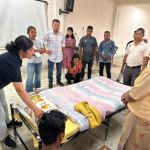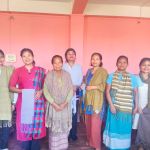This initiative in Meghalaya, India, brings cleaner-burning cookstoves to the rural communities of the Garo people, a Tibeto-Burmese ethnic group who mainly rely on subsistence farming, empowering them to fight climate change and improve air quality. The project has successfully distributed and installed 5,000 Improved Cook Stoves (ICS), replacing older, less efficient models. The new stoves significantly reduce impact on the environment by reducing cooking time and fuel consumption, resulting in faster and cleaner cooking. Each ICS reduces CO2e & smoke emissions by at least 50%. The social & economic impact of this project are also significant.
Benefits: Climate & Environment
By replacing traditional mud stoves that have poorly ventilated designs, the Improved Cook Stove (ICS) offers a single-pot cooking solution that burns wood more efficiently. This improved efficiency is achieved by maximising thermal energy transfer to the pots, leading to faster and cleaner cooking.
The environmental and health benefits of using ICS are significant. First, the reduced wood consumption helps conserve forests and promotes biodiversity. Second, the cleaner burning process eliminates indoor air pollution, creating a healthier domestic environment. This reduction in smoke inhalation also leads to a decrease in health hazards for rural women and children. Finally, by requiring less firewood, ICS use frees up valuable time previously spent collecting fuel, allowing women and children to focus on other activities.
Benefits: Social & Economic
Beyond environmental improvements, the Improved Cook Stove (ICS) initiative is making a positive social and economic impact in rural Garo communities. Greenway India, the stove manufacturer, has seen a significant boost with the creation of new employment opportunities on a national scale. This not only strengthens the local economy but also fosters the development of skilled workers within the clean energy sector.
The project also creates a ripple effect of economic empowerment at the community level. Local people are actively involved in the distribution and monitoring of the ICS units. This not only ensures the project’s success but also provides valuable employment opportunities within the Garo communities. This allows individuals to earn income, contribute to their household finances, and potentially invest in further education or small business ventures. The project, therefore, acts as a catalyst for broader social and economic development within the region.
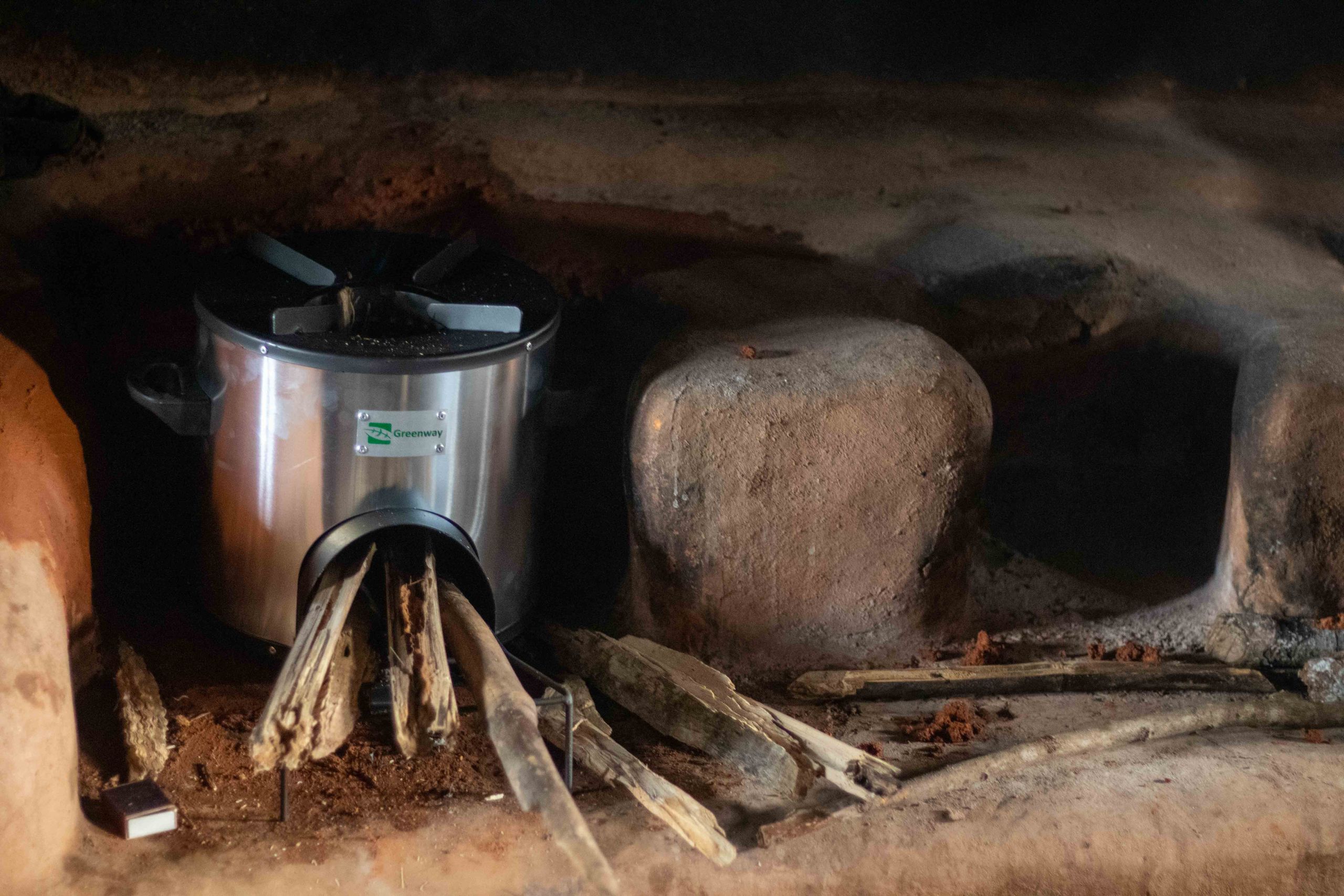
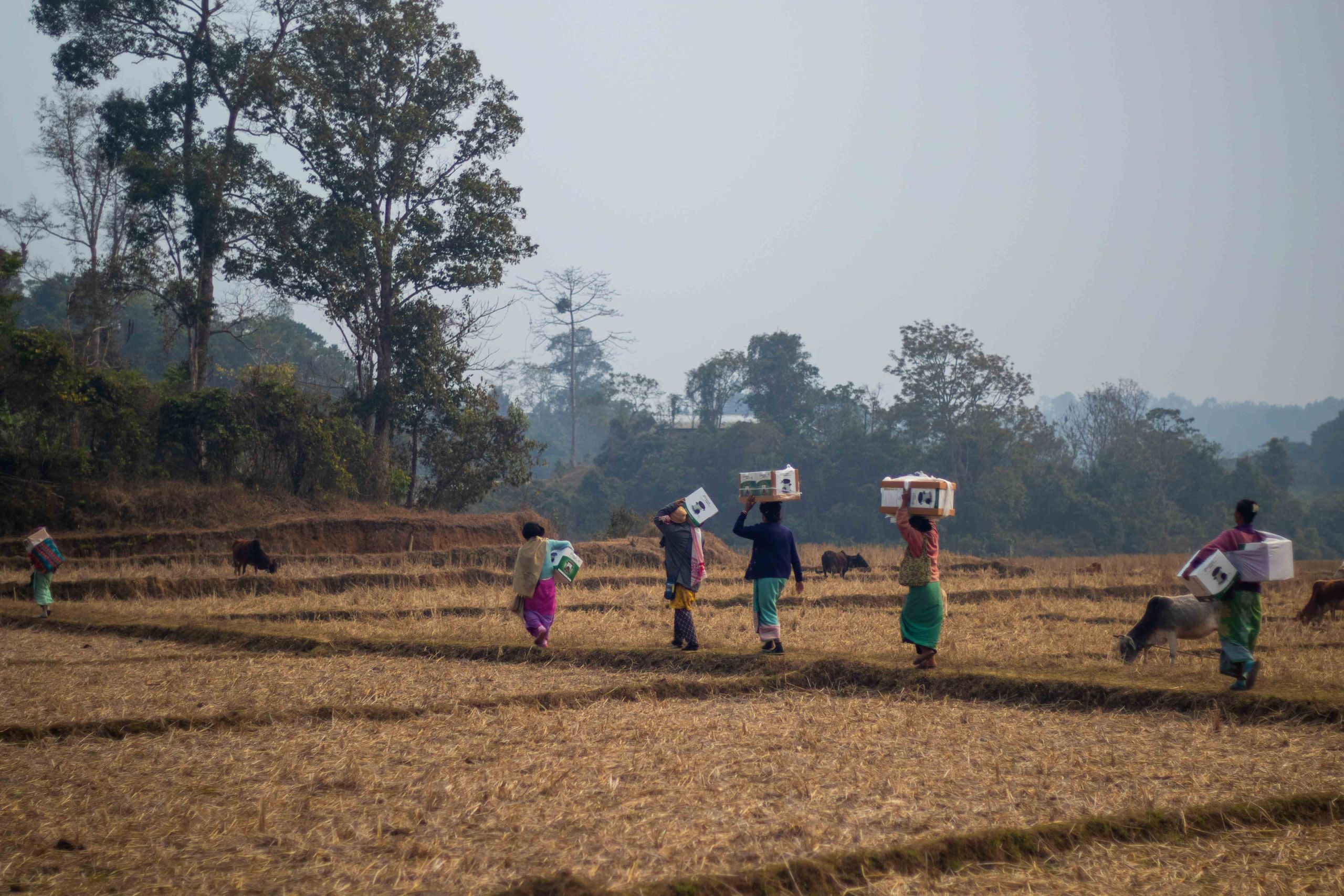
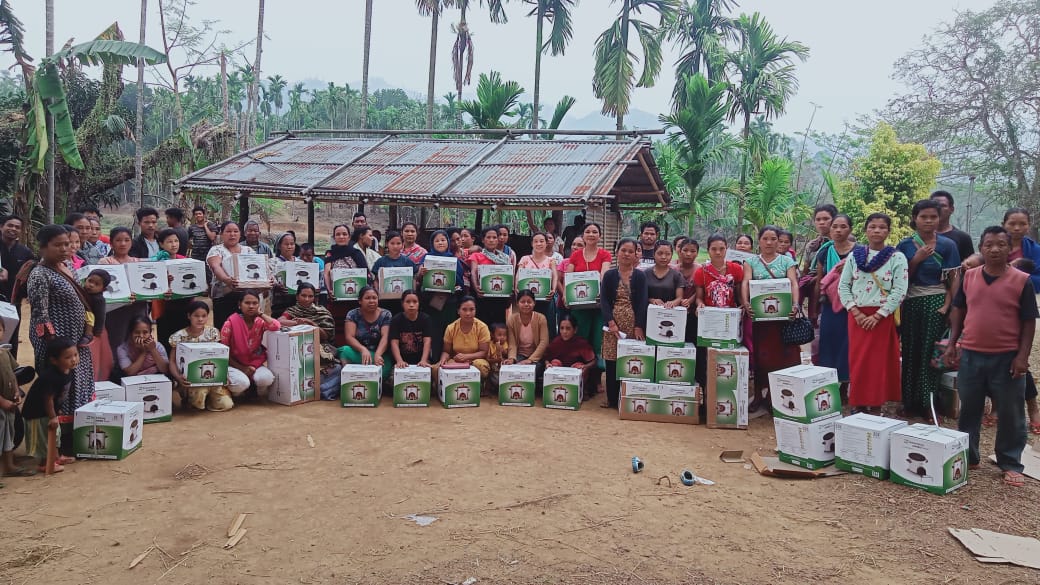
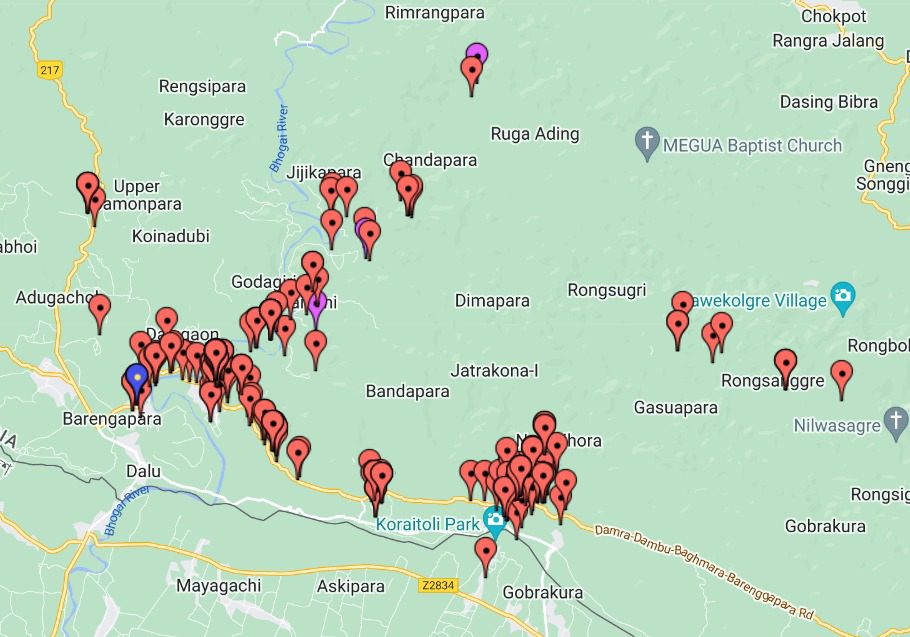
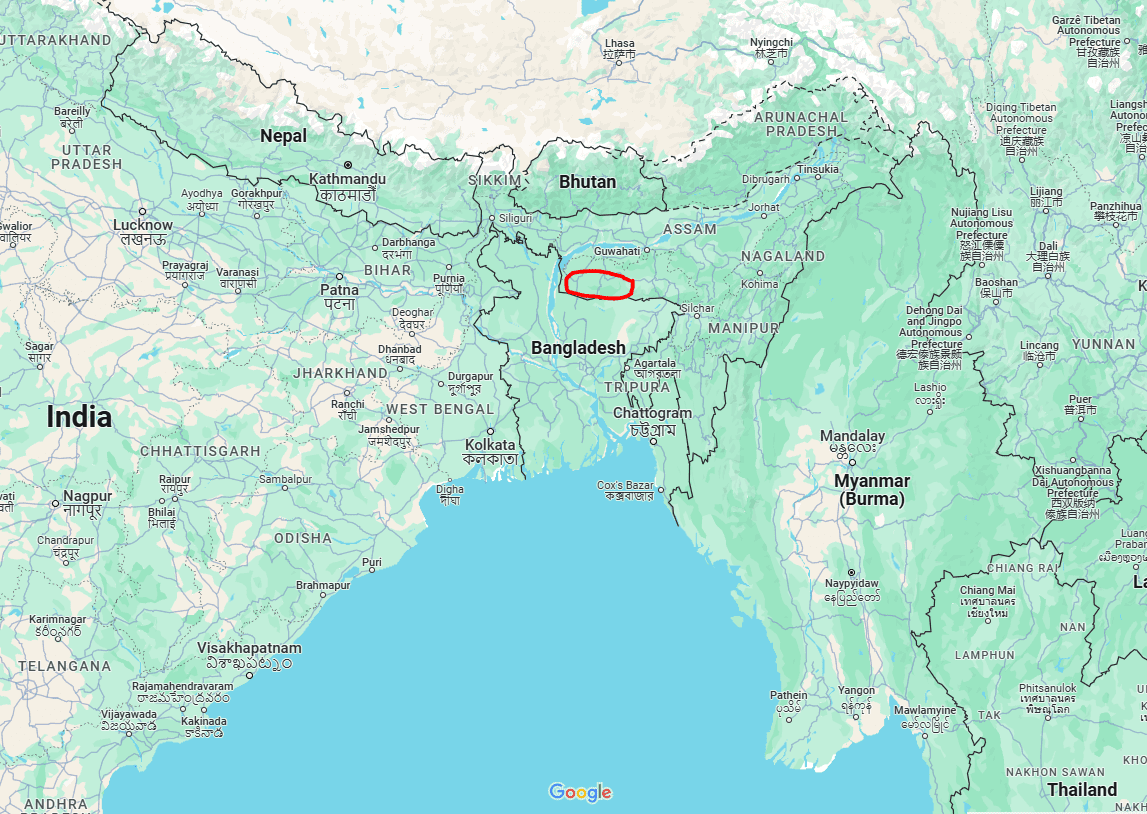
Project Updates
Overcoming logistical hurdles and fostering community understanding, the Integrated Cookstove Project has emerged as a powerful example of how carbon financing can drive sustainable development. This initiative successfully introduced energy-efficient cookstoves (see beneficiary maps below), dramatically reducing reliance on firewood and leading to cleaner air, improved health, and a more empowered community. By actively engaging local technicians and youth throughout the process, the project bridged cultural divides and ensured successful adoption of the new technology.
Want to learn more? Check out the Cookstove Project: Leveraging Carbon Financing for Sustainable Development Report.
GHE has been using carbon credit sales to support local livelihoods, fostering community development through homestay-based tourism.
Project Verification



